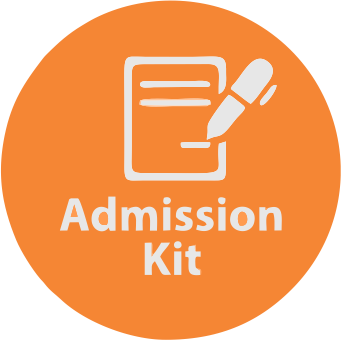We currently offer lab-based courses in Chemistry, Physics, Electronics, Digital Logic, Microprocessors, Computer Networks, Software Usability, Textile Wet Processing, Knitting and Weaving. More laboratories (e.g. electric machines lab) have been planned and will go into operation in the near future. Most courses require students to do computer-based work. UMT's computer network consists of more than 1300 nodes with a band-width of 8 MB. Wireless connectivity is also available. UMT has fully equipped telecom labs for the use of its students.
